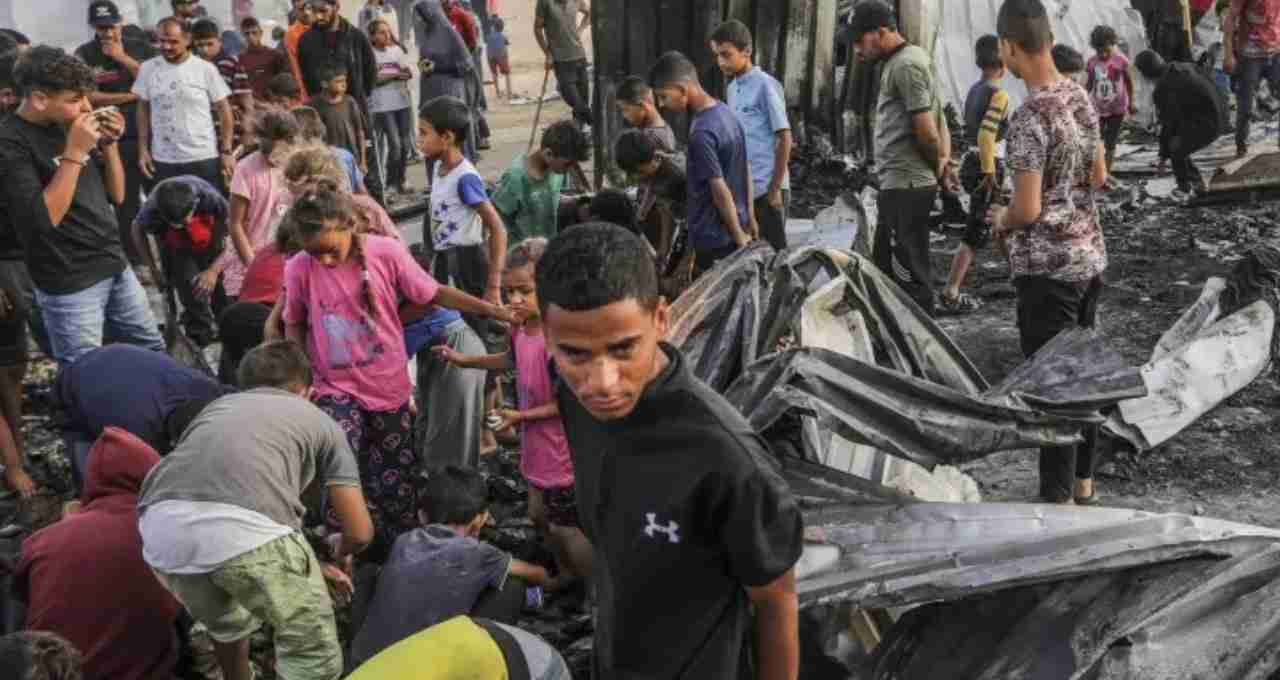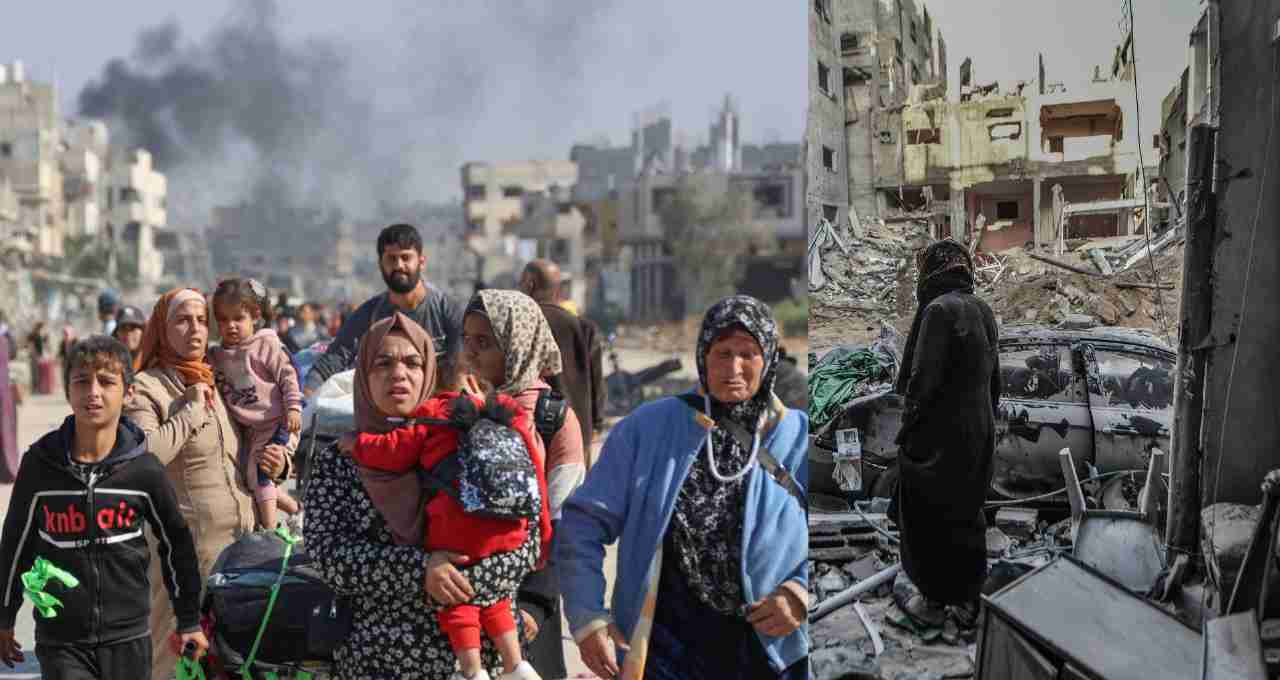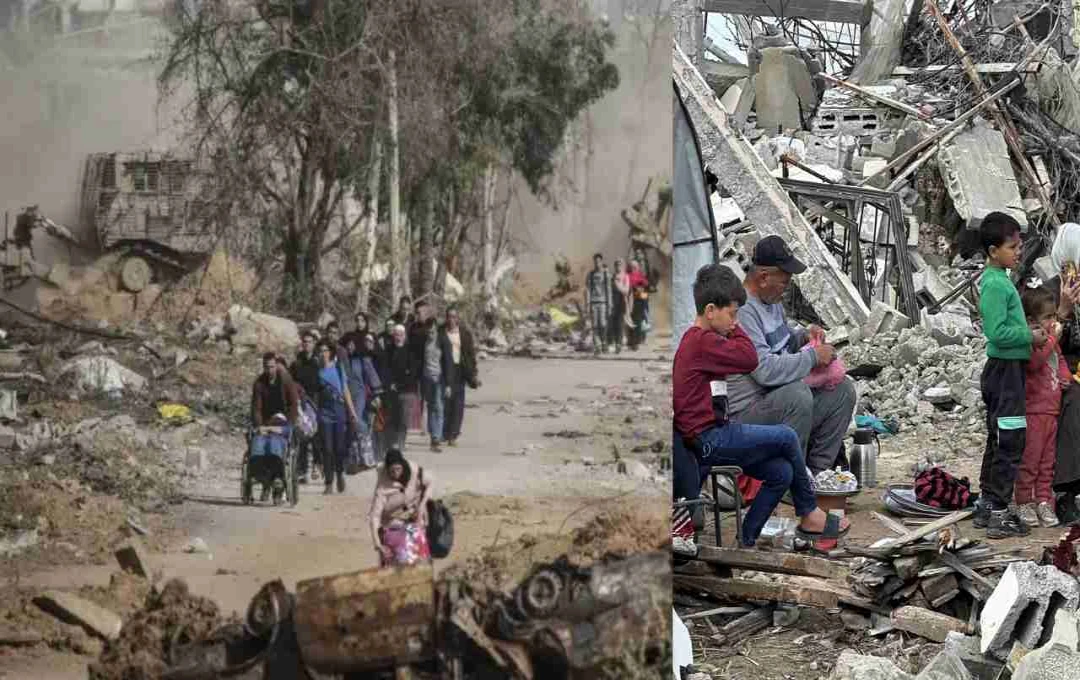Israel plans to relocate Gazan civilians to Indonesia, but Arab opposition and questions surrounding international law and displacement have arisen. Will this be a permanent solution?
Explained: Amidst the Israeli attacks on the Gaza Strip and ensuing human rights concerns, a proposal to relocate Palestinian civilians to Indonesia is under consideration. This initiative, spearheaded by Israel, initially involves sending 100 Palestinian civilians to Indonesia temporarily for work. These individuals will be employed in the construction sector, with plans to expand the program if successful.
Potential negotiations between Indonesia and Israel

Indonesia, a staunch supporter of Palestine that does not recognize Israel, has reportedly accepted the proposal. While sources indicate no publicly confirmed agreement, back-channel discussions are believed to have taken place. This plan, potentially facilitated by economic aid from Israel, aims to provide employment opportunities for Palestinian civilians.
Scope of Displacement: What options for Gazans?
Questions regarding the right of return and safety for Gazan residents have emerged. International law upholds the right of Palestinian refugees to return to their homes, casting doubt on Israel's displacement plan. Gazans relocating face the risk of Israel preventing their return.
Arab opposition and concerns about displacement

Arab nations view the permanent relocation of Gazan civilians as potentially undermining Palestine's quest for independence. They believe that the exodus of Palestinians would strengthen Tel Aviv's control. Furthermore, they are concerned about the potential for instability in their countries resulting from accepting refugees, mirroring past experiences.
International law and the future of Gazan civilians
International law prohibits the forced removal of Gazan civilians from their land and homes, potentially violating the Geneva Conventions. Despite this, debate continues within the international community regarding the displacement of Gazans. While efforts are underway to offer alternative options, the long-term outcome remains uncertain.












